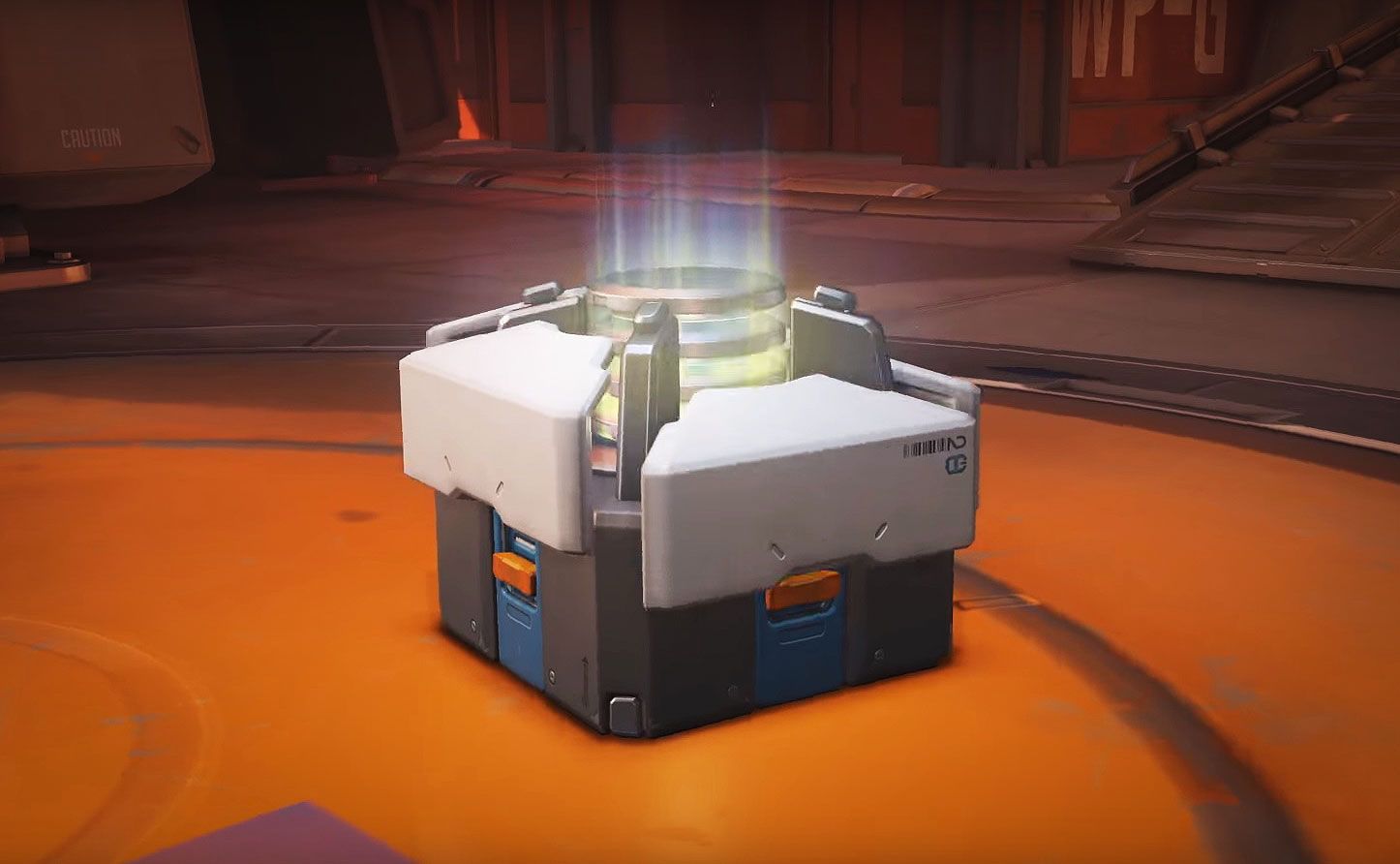The outcry over loot boxes has reached fever pitch of late. In the latest skirmish in the war against microtransactions, the Belgian Gaming Commission are really seeking to make an example of developers and publishers.
As all gamers know, microtransactions and loot boxes really are the scourge of our gaming times. Not only in terms of the nickel-and-diming itself, but also with regards to the shady ways we’re coerced into paying for them. Last month, Harry Potter: Hogwarts Mystery hit mobile devices, and franchise fans didn’t take kindly to the ‘energy’ system.
This was hardly an isolated case. Mobile games are notorious for this sort of thing, with titles like Fire Emblem Heroes complicating the whole thing further. In such ‘gacha’ games, we’re also charged for Orbs that may or may not yield a character or content that will be of any use.
In recent months, governments around the world seem to have decided that, you know, microtransactions are pretty darn uncool, aren’t they? In Hawaii, legislation was considered that would prohibit the sales of games containing loot boxes to under 21s, in order to bring such games in line with the stance on general gambling. That’s the key question here: are loot boxes a form of gambling or not?
In response to this rising tide, of course, publishers and developers have tried to skate around the issue so as not to lose face. In late February, Riot Games (of League of Legends fame) updated their website, so as to display the exact odds of all of the drops from their boxes. They smelt trouble, suffice it to say.
If it wasn’t clear just how serious that trouble may have been, it is now.
Late last week, the Belgian Gaming Commission issued a research report on loot boxes. The crux of the piece was exactly how these crates constituted gambling, and how certain games and their microtransaction policies were in breach of it. The titles in question are Overwatch, FIFA 18 and Counter-Strike: Global Offensive.
The difficulty is, where to go with this next? While the BGC are pushing for criminal prosecution, they can’t just leap straight into it. As GamesIndustry.biz reports, Belgian Minister of Justice, Koen Geens, must “(meet) with industry stakeholders to begin a dialogue on the issue” before any further action can be taken.
They are also looking into other possibilities. One of these would be requiring games that use these systems to acquire a special permit, and then labelling them as such in stores. Nothing definitive has come of this as yet, but according to the report, the BGC has been speaking with officials in Germany, Finland, Spain, the US and Asia on this matter.
"I cannot say there will be a European-wide common approach… but there is at least a common concern among regulators about those loot boxes and the use of gambling mechanisms in video games, so it will be up for discussion," stated BGC Director Peter Naessens.


